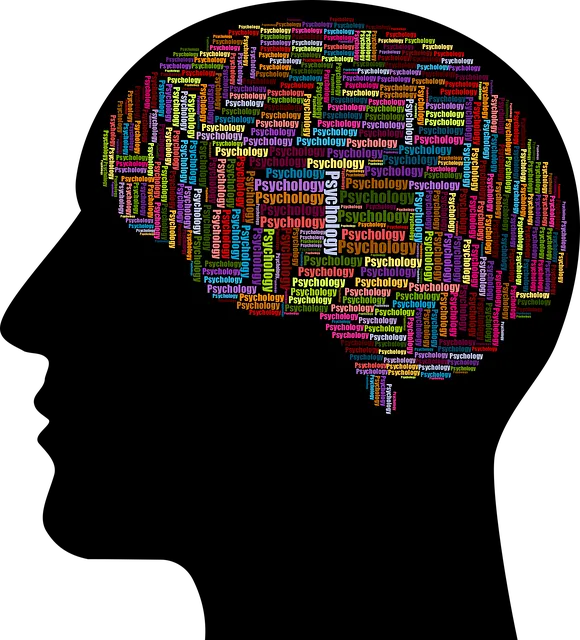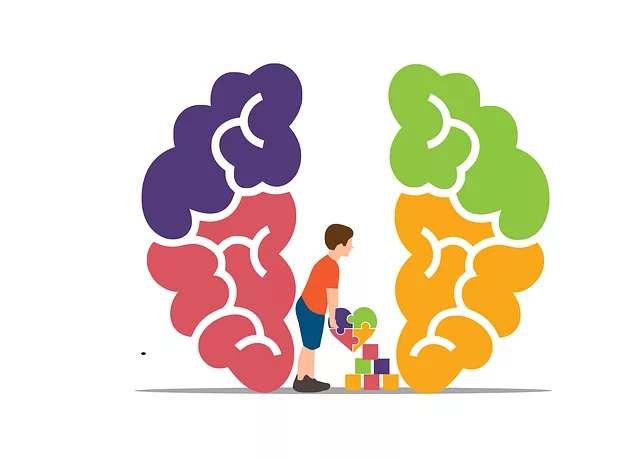Kaiser Permanente's Centennial mental health centers excel through innovative Crisis Intervention Team (CIT) training, integrating self-care, mental wellness initiatives, and interactive workshops. This holistic approach improves patient outcomes, provider well-being, and community perception, as reflected in positive Kaiser Permanente mental health center reviews Centennial, positioning them as leaders in crisis intervention education.
Crisis intervention teams (CITs) play a crucial role in providing immediate, effective support during mental health crises. This article explores the importance of CIT training programs, highlighting Kaiser Permanente Centennial’s approach as a leading example. We’ll delve into the key components that make their training successful, based on insights from Kaiser Permanente mental health center reviews. Understanding these elements is vital for enhancing crisis care and improving patient outcomes.
- Understanding Crisis Intervention Teams: A Vital Resource in Mental Health Care
- Kaiser Permanente Centennial: A Closer Look at Their Training Programs
- Key Components of Effective Crisis Intervention Team Training
Understanding Crisis Intervention Teams: A Vital Resource in Mental Health Care

Crisis Intervention Teams (CITs) are a vital resource in mental health care, particularly within healthcare organizations like Kaiser Permanente’s Centennial mental health centers. These specialized teams provide immediate support and de-escalation strategies for individuals experiencing severe emotional crises or thoughts of suicide. By integrating CIT training into their programs, healthcare providers can enhance patient outcomes and improve their own mental wellness.
In the fast-paced and demanding environment of healthcare, burnout prevention strategies for healthcare providers are essential. Self-care routine development plays a crucial role in maintaining mental health and preventing professional exhaustion. Regular participation in mental wellness initiatives, such as production of self-care podcasts or collaborative discussions on coping mechanisms, can foster a supportive culture that prioritizes both patient care and provider well-being.
Kaiser Permanente Centennial: A Closer Look at Their Training Programs

Kaiser Permanente Centennial stands out among mental health centers for its comprehensive crisis intervention team training programs. They prioritize empowering employees with the Mind Over Matter Principles, fostering a culture that prioritizes emotional healing processes and preventive care. Through interactive workshops and real-life scenario simulations, their programs equip teams to handle various crises effectively.
Centennial’s approach goes beyond traditional training by integrating Depression Prevention strategies into their curriculum. This proactive stance ensures that staff members are not just equipped to react but also to identify and address potential mental health issues proactively. Positive reviews from employees and the broader community underscore Kaiser Permanente Centennial’s commitment to excellence in crisis intervention training, making it a leader in this critical area of healthcare education.
Key Components of Effective Crisis Intervention Team Training

Effective crisis intervention team (CIT) training programs are multifaceted, ensuring that teams are well-prepared to handle mental health crises in diverse settings, such as Kaiser Permanente mental health centers located in Centennial. Key components include comprehensive Public Awareness Campaigns Development to educate both professionals and the public about recognizing and responding to mental health emergencies. These campaigns foster Self-Awareness Exercises, encouraging team members to reflect on their own biases and emotional responses, which are crucial for providing empathetic support.
Moreover, training should incorporate Mental Health Policy Analysis and Advocacy elements, equipping teams with knowledge of existing policies and resources related to crisis intervention. By understanding the broader context and available support systems, CIT members can advocate for individuals in crisis, ensuring that appropriate services and care are accessed promptly. Such holistic training prepares teams to navigate complex situations with both skill and compassion.
Crisis intervention team (CIT) training programs, such as those offered by Kaiser Permanente Centennial, play a pivotal role in enhancing mental health care. By equipping professionals with the necessary skills, these programs ensure that individuals in distress receive swift and effective support. The key components outlined in this article—including comprehensive curriculum, realistic scenarios, and ongoing evaluation—are essential for successful CIT training. For those seeking top-tier mental health center reviews, Kaiser Permanente Centennial stands out as a leader in CIT education, contributing significantly to the well-being of communities across the nation.






